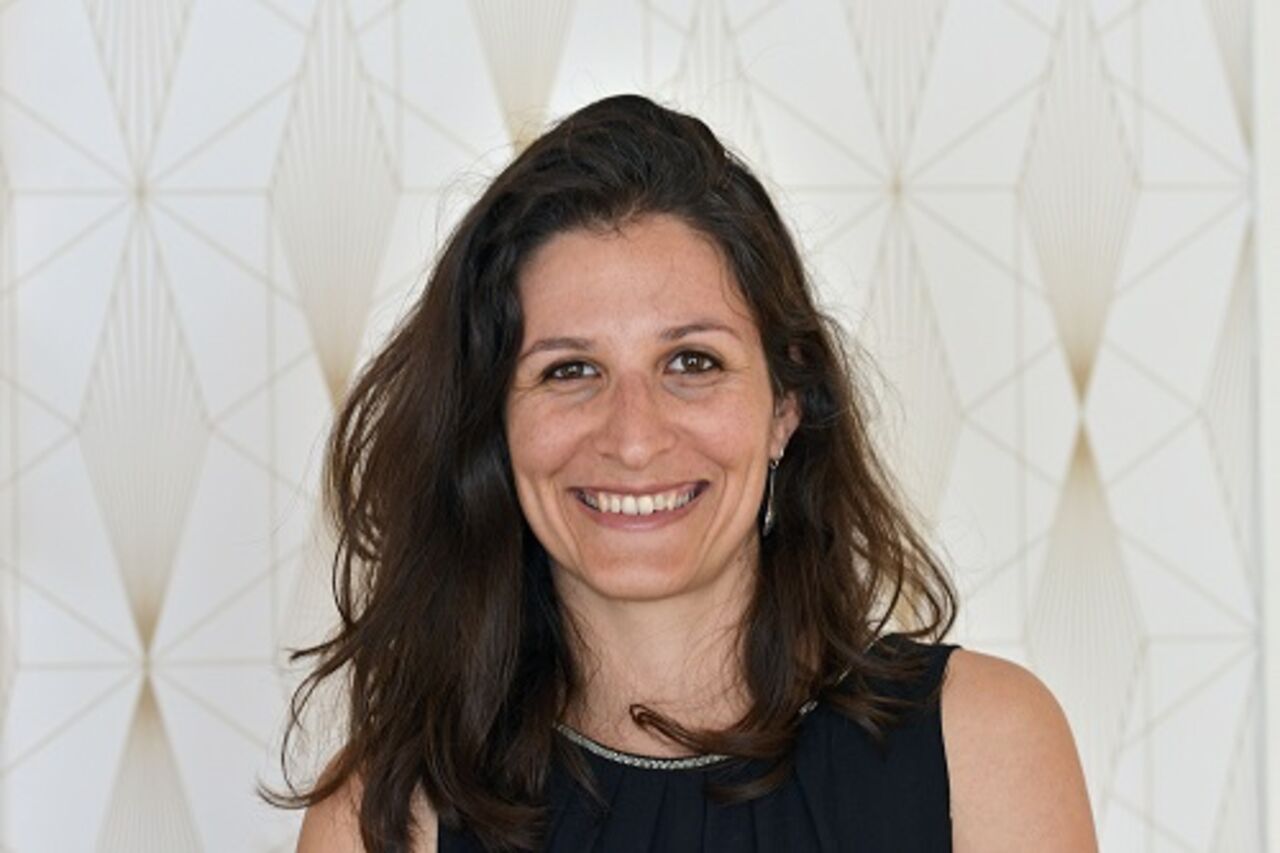Reduce our environmental impact and take account of social issues at Université Gustave Eiffel: this is the aim of the Sustainable Development and Social Responsibility (DD&RS) mission and its actions. The team is composed of five members and its objective is to obtain the sustainable development and social responsibility label for higher education institutions. Clémence Garnier, Head of the mission, explains.
“Since its creation on 1 January 2020, Université Gustave Eiffel has wanted to take account of the social and environmental impact of all its components,” says Clémence Garnier. Former Prevention Coordinator and Sustainable Development Officer at Ifsttar, Clémence Garnier is now in charge of the Sustainable Development and Social Responsibility (DD&RS) mission at Université Gustave Eiffel. She leads a team of four other people in conjunction with Corinne Blanquart, Vice-President for Transformational Projects and Social Mission. “Our aim is to obtain the sustainable development and social responsibility label for higher education institutions by 2023. It would give the University a higher profile, particularly among students, 78% of whom* feel that an institution that takes account of environmental and social issues is more attractive.”
The mission’s team is currently working on structuring the university's DD&RS. The first step is to create a network of contacts across the different campuses and training and research components. “Their role is to be actors and relays in the implementation of the DD&RS. These contacts may also take part in working groups and events,” explains Clémence Garnier. “The network is still being structured and any staff or students who are interested can contact us.” The actions carried out by the DD&RS mission are grouped according to the four focus points of the DD&RS evaluation criteria: governance and strategy, training and teaching, research and innovation, environmental management and social policy. “For example, we will be initiating discussions with the different stakeholders (students, staff, clients, service providers) to co-construct our action plan and identify challenges, expectations etc. We will use multiple media channels to get as much feedback as possible, including questionnaires, interviews and the University's collective intelligence platform.” Université Gustave Eiffel has also joined major international networks to share advice and experience: the Sustainable Development Solutions Network, the Sustainable Development Club for Public Establishments and Companies and the Collective for the Integration of Social Responsibility and Sustainable Development in Higher Education.
The DD&RS mission has also begun a greenhouse gas emissions assessment and launched a mobility survey on the journey habits of staff and students. This survey should lead to the creation of a mobility plan to limit the use of individual cars. “We are also working with the Purchasing Department to establish sustainable development clauses and criteria for decisions concerning purchases and service providers,” continues Clémence Garnier. “The aim is to prioritise Aid through Employment Establishments and Services (ESAT), insertion companies and companies that are careful about their environmental and social impact.” This is the case of the company Ecodair, which reconditions computer equipment and with which the University has signed a partnership agreement to help students acquire computers. “In terms of social policy, we also promote diversity and parity in our recruitment policy and are working on a policy to improve the quality of life at work.”
“As a university, we also place a lot of importance on teaching and raising awareness of sustainable development,” continues Clémence Garnier. To this end, the DD&RS mission team organised multiple events at key moments in the year, such as the European Sustainable Development Week, the European Mobility Week and the European Waste Reduction Week. “For example, we offered a webinar on waste recovery as part of the circular economy; zero waste workshops; awareness-raising events on harassment and homophobia; a presentation of researchers' work on sustainable mobility and the Rentrée Climat event. Thanks to this collective intelligence workshop, led by Fresque du Climat, 600 of our students (EIVP, ENSG, ESIEE and the University’s components) learned more about climate change.”

